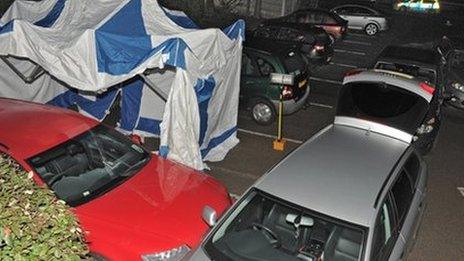Chief constable Sir Peter Fahy shooting charges dropped
- Published
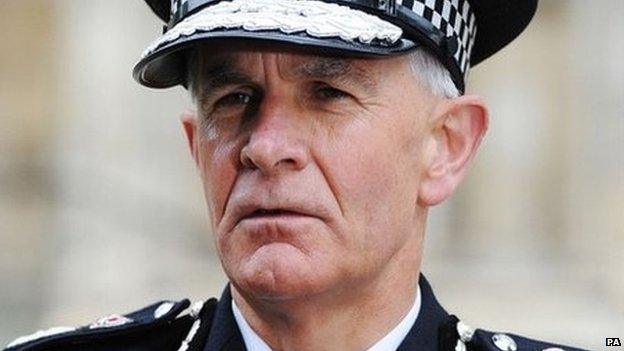
Sir Peter Fahy had faced a charge of failing to discharge a duty under the Health and Safety at Work Act 1974
Sir Peter Fahy, chief constable of Greater Manchester Police, will not be prosecuted over one of his officers shooting dead an unarmed suspect after the case against him was dropped.
Anthony Grainger, 36, was shot in the chest after the car he was in was stopped in Culcheth, Cheshire, in 2012.
Sir Peter had faced a health and safety charge at Liverpool Crown Court which he denied.
Mr Grainger's family said they would now press for a public inquiry.
Sir Peter, who had pleaded not guilty, had been charged as the "corporation sole" for the force, a legal status that means he is a representative of Greater Manchester Police (GMP)but does not share criminal liability.
The prosecution case was that GMP made 26 failings arising out of armed police officers being deployed without any proper intelligence basis for doing so and when the use of armed police was unnecessary or premature.
But following an application by Sir Peter's defence that his prosecution was an abuse of process, the prosecution offered no evidence and a not guilty verdict was recorded.
It was argued evidence gathered by police was so secret it could not be shown to a jury and therefore the defendant could not get a fair trial.
'Hugely disappointed'
Mr Grainger, a father-of-two, was shot dead by a police marksmen as he sat in a stolen car in Culcheth in March 2012.
Police believed he and two accomplices were planning to rob a Sainsbury's store nearby.
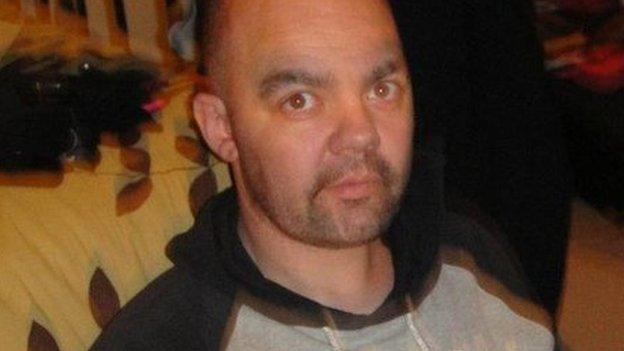
Anthony Grainger was shot in the chest in a car park by a police officer in March 2012
Mr Grainger was unarmed and there were no weapons in the car.
The Crown Prosecution Service (CPS) has decided the marksman should not face charges for murder or manslaughter because a jury would be likely to accept that he believed his actions were necessary.
Solicitors for Mr Grainger's family said they were "hugely disappointed" with the decision.
"They have waited three years for this trial. During that period the inquest has not been able to progress and they now find that they are no nearer to the truth.
"They simply want answers.
"This matter must now proceed to a public inquiry. If a jury in a criminal court cannot deal with the case the family would question how a jury in an inquest could consider the evidence and we will be petitioning the Home Secretary in this regard next week."
In a statement, the force said it extended its sympathy to Mr Grainger's family but would be unable to comment further while the inquest into his death continues.
- Published10 February 2014
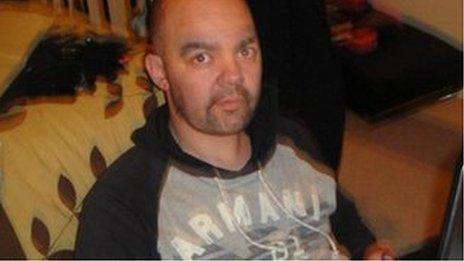
- Published4 April 2012
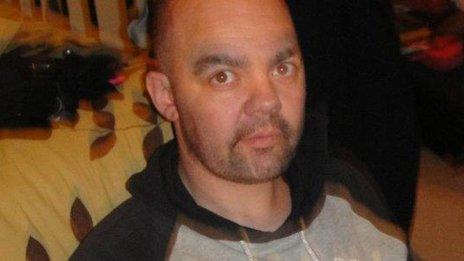
- Published4 March 2012
